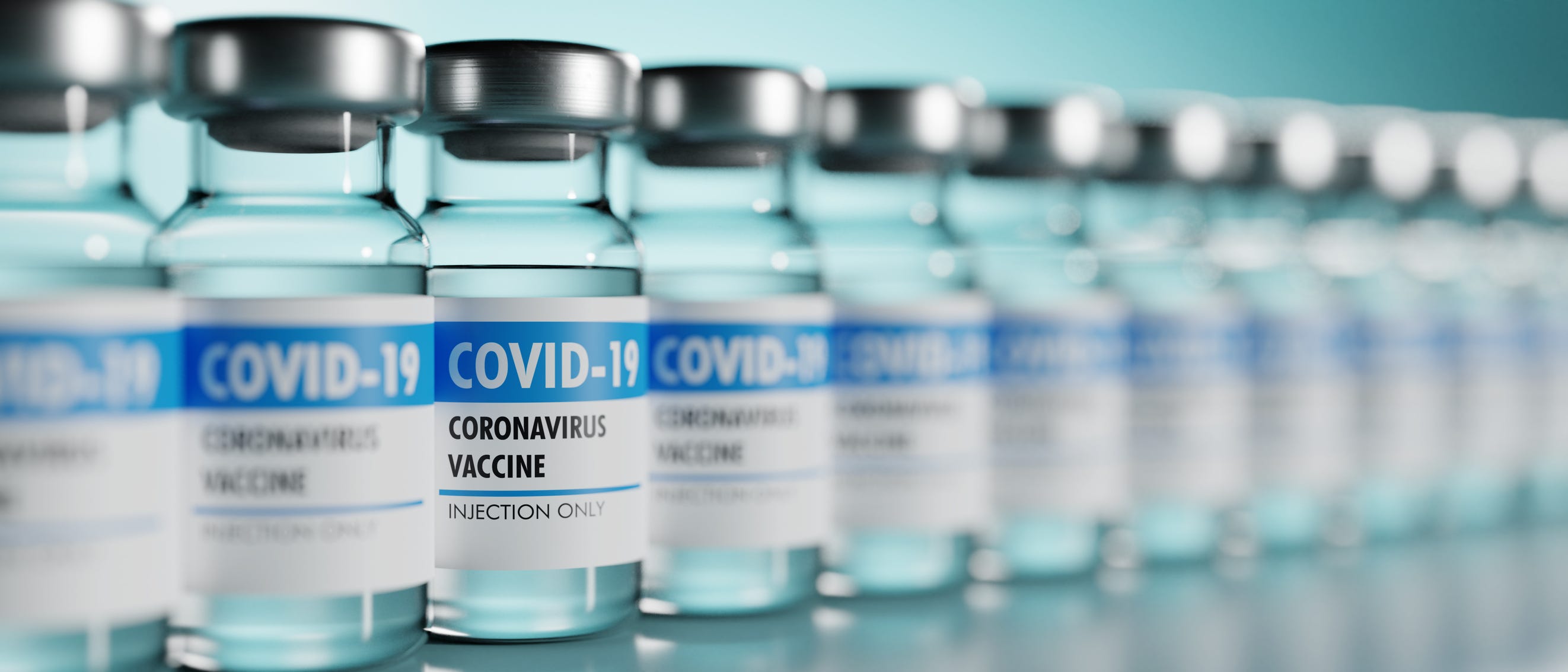RFK Jr. Halts mRNA Vaccine Efforts: Implications for New York Vaccines

Uncertainty Surrounds Access to COVID-19 Vaccines in New York
New Yorkers who were planning to rely on vaccines to protect themselves and their children from COVID-19 in 2025 are now facing a more uncertain path to receiving the necessary shots. This uncertainty comes after some medical professionals warned about potential changes in federal vaccine policies, particularly regarding mRNA technology.
In August, Health and Human Services Secretary Robert F. Kennedy Jr. announced that his agency would be reducing funding for mRNA vaccine development, calling the technology "ineffective" and claiming it poses more risks than benefits. This decision has raised concerns among health experts and the public alike.
Previously, the agency had limited the recommendation for COVID-19 vaccines to individuals over 65 and those with pre-existing health conditions. If this policy is implemented, it could lead to a situation where many people might have to pay out of pocket for the vaccine, potentially costing up to $200 per shot.
Understanding mRNA Vaccines
The discussion around mRNA vaccines gained national attention during the early days of the pandemic in 2020 and 2021. However, the development of these vaccines was built on over 50 years of research conducted by both public and private laboratories, as noted by the National Institutes of Health.
Messenger RNA, or mRNA, is a type of genetic material that instructs the body on how to produce proteins. Unlike traditional vaccines that use weakened or inactive germs, mRNA vaccines introduce laboratory-made mRNA into the body. This mRNA teaches cells to create a protein—or a piece of a protein—that triggers an immune response. The resulting antibodies help protect against future infections.
Currently, the only mRNA vaccines available in the U.S. are those designed to protect against COVID-19. Ongoing research aims to expand the use of mRNA technology to other infectious diseases and even cancer treatments.
There are two mRNA vaccines currently available for COVID-19: one developed by Pfizer-BioNTech and another by Moderna. In contrast, the only non-mRNA vaccine available in the U.S. for COVID-19 is produced by Novavax.
Impact on Health Insurance Coverage
The Infectious Diseases Society of America, a professional organization representing thousands of medical experts, has urged health insurers in New York and across the country to continue covering COVID-19 vaccines for all age groups, regardless of any changes in federal policy.
In 2024, state health officials reported that New York had more children under the age of four hospitalized due to COVID-19 than for the flu, with over 1,300 hospitalizations for COVID and 1,100 for the flu. This highlights the importance of maintaining access to vaccines for younger populations.
While some national health insurance trade groups have indicated they expect to cover the vaccine this fall based on federal guidance, the specifics can vary depending on the federal agency involved and the type of insurance plan. For instance, health plans offered by large employers may cover the shots, while others might find it more challenging to obtain coverage.
Legislative Efforts to Ensure Vaccine Access
In June, New York state lawmakers introduced new legislation aimed at mandating health insurance coverage for the COVID-19 vaccine, citing concerns over recent policy changes by RFK Jr. State Senator Andrew Gounardes, D-Brooklyn, emphasized that no one should take RFK Jr.'s medical advice, stating that New York should focus on protecting the health of its residents.
Gounardes added that the proposed bill would ensure that anyone who wants the vaccine can receive it. However, the likelihood of the legislation passing before the fall is low, as state lawmakers are on summer recess and will not reconvene until January. Some lawmakers have also been advocating for a special session before 2026 to address the negative impacts of federal health care policies.
This article includes reporting by Adrianna Rodriguez and Ken Alltucker of USA TODAY.
Post a Comment for "RFK Jr. Halts mRNA Vaccine Efforts: Implications for New York Vaccines"
Post a Comment